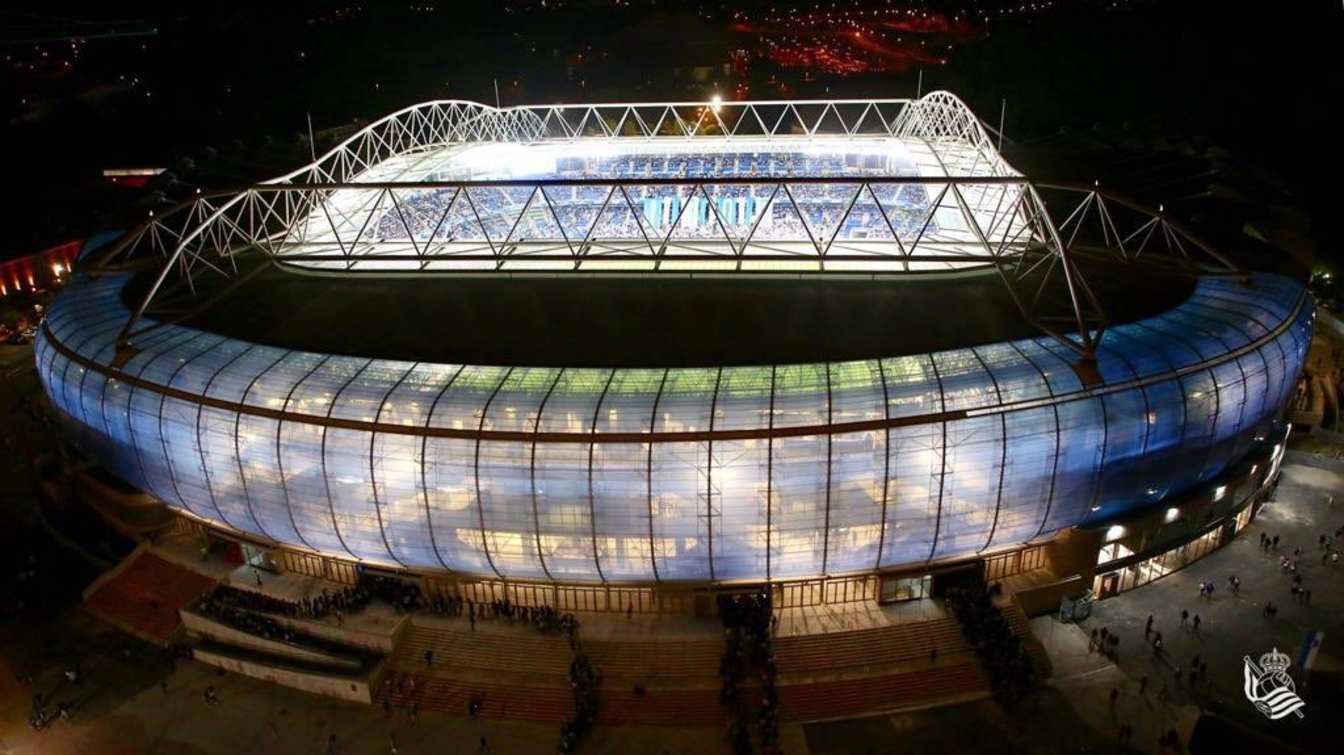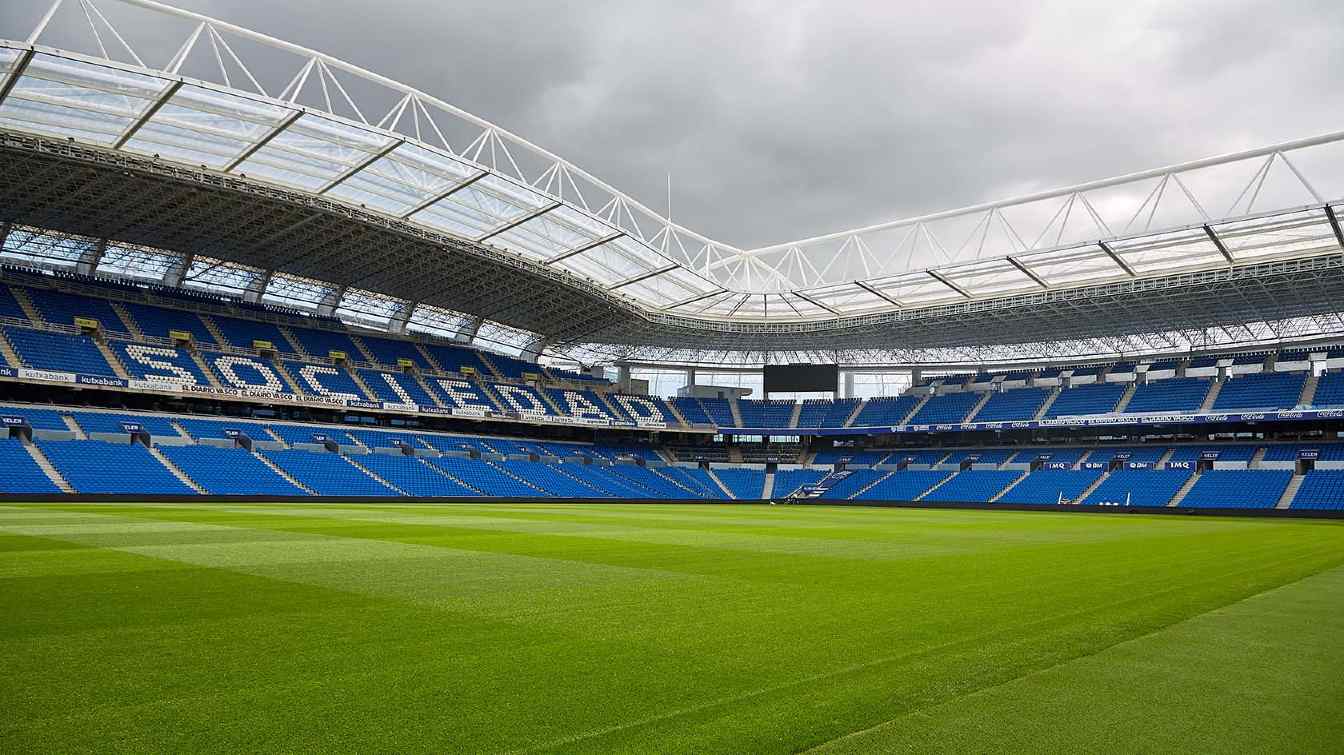Spain: San Sebastian says “no” to 2030 World Cup?
source: StadiumDB.com; author: Jakub Ducki
 Although the 2030 FIFA World Cup is still over five years away, opposition is already growing in San Sebastian against the city’s inclusion as one of the host venues. Local neighborhood groups and associations have issued an official letter to FIFA, demanding the city’s withdrawal from the tournament.
Although the 2030 FIFA World Cup is still over five years away, opposition is already growing in San Sebastian against the city’s inclusion as one of the host venues. Local neighborhood groups and associations have issued an official letter to FIFA, demanding the city’s withdrawal from the tournament.
Advertisement
World Cup sparking local protest
The 2030 World Cup is shaping up to be a historic event—not only because of its scale but also due to its symbolic opening in South America, commemorating the centenary of the first tournament. However, the bulk of the matches will take place in Spain, Portugal, and Morocco. Among the eleven Spanish cities chosen as hosts is San Sebastian, with Real Sociedad’s home ground, Estadio Municipal de Anoeta, designated as the venue.
Yet the decision has not been met with universal enthusiasm. On the contrary—San Sebastian (Donostia) has witnessed a groundswell of local opposition, unprecedented in the history of selecting World Cup host cities. Seven neighborhood associations, along with a platform advocating for limits on mass tourism, have sent an open letter to FIFA. Their stance is unambiguous: they do not want the World Cup held in their city.
In their statement, they argue that the macro-scale impact of this event will be devastating for the vast majority of Donostiarras.
They highlight a range of negative trends already affecting the city—such as a sharp rise in tourism, worsening living conditions for residents, and the transformation of public space into a commercial product. This is nothing more than a business scheme aimed at boosting the tourism industry and real estate speculation,
the signatories emphasize.
Numbers that leave no doubt
Over the past ten years, the number of tourist accommodations in San Sebastian has risen by more than 69%, while the influx of visitors has grown by 77%. Meanwhile, housing prices have surged by nearly 50%, putting increasing pressure on the local community.
Residents fear that hosting a global sporting event will only exacerbate these issues. According to FIFA’s official report from November 2024, the city currently lacks the necessary accommodation capacity for the expected number of visitors. Plans are already in motion to rely on nearby towns like Biarritz and Bayonne, along with extensive use of Airbnb and similar platforms.
Questionable procedures and scoring controversies
This is not the first controversy surrounding Donostia’s selection. Many observers and local politicians have pointed to a lack of transparency in the process of choosing host cities. One particularly sore point was the exclusion of Vigo, which was initially considered a stronger candidate than Anoeta.
Changes in the scoring system that ultimately gave Real Sociedad’s stadium the edge over Balaídos have never been publicly explained. Vigo’s mayor, Abel Caballero, is demanding a review of the decision and reinstatement of his city as a tournament host.
Warning of collapse
A collapse is expected six years before the World Cup,
warn the local associations in their letter. In their view, the consequences will be far-reaching: overcrowding and overstretched urban infrastructure.
They also argue that an event like the World Cup becomes a convenient excuse for channeling public funds into investments that primarily benefit the tourism sector, rather than the local community. That’s why we believe it’s urgent to continue down the path of reducing tourism; hosting events such as the FIFA World Cup moves us in the opposite direction,
the letter states.
FIFA under fire
Responsibility now lies with FIFA, which must respond to the demands raised. The organization will have to consider whether a successful tournament can be held in a place where the local population openly opposes it.
The San Sebastian case could set a precedent—demonstrating that local communities have a right to a say in such far-reaching decisions. In an era when the negative consequences of unchecked tourism
are increasingly in the spotlight, the voices of Donostia’s residents may resonate far more widely than initially expected.
Advertisement
 StadiumDB
StadiumDB
